[Some of my ancestors came from the Netherlands and kept in touch with the old country over following generations. This is a letter one of my people wrote to tell our family here what happened to them back there during WW2. I've tried to keep everything exactly except for the paragraphs but this was typed up, put in a pdf, and typed up again by me so it might have some errors. And I redacted a few things because yes, I am afraid that someone someday could be autistic enough to try to dox me through this. !historychads ]
[a village near Utrecht]
7, August '45
[Note: This is the day after Hiroshima, two days before Nagasaki.]
Dear Cousin,
Knowing you've always been interested in your Dutch family and haven't heard much news since the war started, I thought it is a good job for me to tell you something of the happenings in that time, of the family and of Holland in general. I know that you read Dutch as well as English, as my father told me, but as it's a good exercise for myself, I take the liberty to write in English. Which you will forgive, I hope. But first I want to present myself: I'm the son of your cousin, [redacted], (my name is [redacted], age 26) [redacted some more family members]
No doubt he was wearing these as he wrote.
I'll only tell you about the children of my Aunt [redacted]. The son, [redacted], was a government civil engineer in the Dutch East Indies and he was called up by the army when the situation in the Far East grew tight. He was married and had one little child. Since the Japs overran the Indies, we never had a word from him, so we don't even know if he is still alive. His sister, [redacted], [?] was a teacher but as that isn't very well paid over here, she quit and got a better job in an office. But after the liberation she left there, too, in order to get the job of leading some underfed children to England [?], an enviable job as no one can get out of the country so far as it is at the moment. She will leave very soon, with impossible orders of every member of the family to buy bicycle tires, fountain pens, and I don't know what not, as there is nothing for sale in this country.
Tijdeng concentration camp, Java. About 17,000 of the 100,000 interned Dutch civilians died in the camps.
Now I'll try to give you a short survey of what happened to Holland and to ourselves up to now. Perhaps, when you'll have read it through, you'll think that our hatred against the "Nazis" is a bit exaggerated, but I'll tell you, you've got to live through a German occupation to know what it is like. So I hope you'll take it at face value, and I've got to add that I ddin't see very much yet of their low doings, but more than enough to have learned what hate is. Well here I go:
Controversial opinion.
As you know the Germans came in May 1940, when they started their big drive towards the Channel and France, by means of fifth columnists and other traitors, merciless bombardments of Rotterdam and their overpowering numbers of troops, material, etc.
Kraut paratroopers landing in The Hague, May 10, 1940. This force was overrun by the Dutch, losing almost 2000 captured who were quickly sent to Britain.
Bombing of Rotterdam, May 14.
They started immediately to take our immense foodstocks away; cars, trucks, ship, in short everything they could lay their dirty paws on. They suppressed every political activity, except of the treacherous Dutch national-socialists, who got all the important jobs. The only thing they did to try to win our sympathy was releasing the prisoners of war. But that didn't last very long because notwithstanding their elaborate preparations for the in invasion of England, they couldn't get there after they lost the Battle of Britain and gradually with the first R.A.F. raids the underground activity sprang up, giving England information about ship consentrations, etc. by way of secret transmitters.
Portable radio of the kind dropped by the British SOE to Allied resistance in occupied Europe.
Then they regretted to have released the prisoners and so they planned to take at least the professional officers back to Germany again, considering them the most dangerous. To give you an example of their treacherous methods I'll tell you how they did it. They gave a proclamation to the newspapers ordering the professional officers to register in a certain place, all in one day, promising their safe return home. They even got return tickets paid. But on coming there they were taken into custody and a day later were brought to Germany to a Prisoner of War camp. This had the wrong effect, of course, and secret activity doubled, in which I had my little share. But it wasn't very well organized yet and lots of the workers were captured and some of them shot. Of my group for instance, only two escaped detection, another guy and myself. Sheer luck of course; the others were all brought to Germany, some of them shot. So the situation grew worse, hostages shot, Germans shot, vigorous reprisals again etc.
Hendrik Seyffardt, traitor who commanded the Dutch SS. Shot and killed at his front door in The Hague, Feb 5, 1943.
One time 72 people shot in one day. But time went on and the Gerries came to know they couldn't take Russia. America joined the Allies and they feared an invasion in the West. So they started their construction of the Atland wall which had grave results in our home town, The Hague, being the biggest town on the coast.
Kraut occupiers in The Hague.
Twenty-five per cent of the town fell in the fortification area. Two thousand houses were broken down to make a wide corridor through the Hague strengthened by a concrete wall and a big sand ditch. Big fortifications were made in the dunes, in parks, etc. About twenty per cent of the inhabitants had to be evacuated. As father is a pensioned schoolteacher, my parents had to go too. They came to this village, [redacted village near Utrecht], but had to leave furniture and everything in the Hague, all heaped up in one room. Luckily, we knew the people who came into our house so nothing was stolen, as often happened to less lucky people. This happened in December of '42. My brother and I stayed in The Hague to continue our study, engineering. At the time I had nearly finished it, but I didn't want to pass the last exam, as there was a big danger of being sent to Germany. My brother, [redacted], who is 21 now, wanted to go to Delft's Technical high school, but couldn't as the Germans demanded 6 months "labor services" of new students and that was something he didn't want to do. So he went to another school, but afterwards he had to do the labor service nevertheless. But because of his change of address they couldn't fine [find?] him, though they thoroughly tried. But nobody knew where he was of course. He was lucky and never got caught and is going to start in Delft this autumn, having done nothing at all for the Huns. I was less lucky. The students had to sign a loyalty declaration to the Germans which of course I didn't do. But something was going to happen and we knew it. I had secured 5 addresses of people at whose houses I could hide, so I was pretty sure to pull through. But then the students who hadn't signed that declaration were called up for forced labour in Germany, the parents were held responsible for their going. And then all 5 addresses let me down, couldn't risk it, they said, penalties were too heavy. Well, I tell you I was a bit downhearted and really didn't know where to go. And as the biggest part of my friends had the same experience we had the stupidity to go! Knowing we had nothing better to do. Regretted it immediately, of course but too late. So we went to Berlin on the 6th of May '43.
A 14-year old Ukranian slave repairing motors in a German workshop, 1945.
That summer I tried to fine [find?] my way to Sweden [?], but didn't succeed. Then the winter came and the big bombardment of Berlin started, rather unpleasant I assure you. Came through unscathed, though we had several casualties at the factory. In spring I got a chance to go back to Holland on false papers, but two weeks before it was my turn (we were placed on a list) the Gestapo got wind of it and the whole organization was blown up. Then the invasion came and I thaught I'd have to stay to the end. But in August I got another chance and this time it came off. I spent 20 hours lying under the floor of a railway carriage and got to Amsterdam without being seen. The underground movement, better organized this time helped me get false papers and I was free again as far as possible at the time.
Literally this guy.
Meanwhile the situation hadn't altered very much, only grown gradually worse. But the worst was still to come. In September the Allied parachute landing at Arnhem came and in Holland the railways striked to hamper the German supply route. But they couldn't get across the Rhine and that meant that northern and western Holland had still some months to wait. But then the real looting started.
Allied paratroopers landing in the Netherlands, Sep 17, 1944.
British tanks meet the gigachads of the 101st Airborne Div.
Liberation of Eindhoven, Sep 18, 1944.
In Arnhem, where the civilians had to go away because of the fighting, several German cities got a part of the city where they were allowed to take what they could. And they did. Long columns of trucks went to and fro taking everything away you can think of. No civilian could enter the city until everything was gone. And in the months between September and May of this year they took everything they could to Germany: machines, tools, locomotives, trains, ships, cars, trucks, carts, horses, cows, and other cattle, literally everything, from the wire for electric trains to sewing machines, from our last food to blankets and clothes. Everybody had to give a blanket, a set of underwear, a pair of socks, a blanket, a coast etc. and after years without textiles [?] distribution. And if you didn't bring it to them they searched your house and took it and some more. All bicycles weere ordered up and so on. And then they stopped all food transport to the west as a revenge for the railway strike. People lived on sugerbeets and tulip bulbs. Daily you saw people falling down in the streets from sheer starvation, thousands were starved to death. Every man from 17 to 40 was called up for labour in Germany. They held big searches for men in the big cities. Tens of thousand had to walk to Germany, half starved as they were. And so I could go on and on, but I would bore you probably. It was really unbelievable when at last the end came that you were free to go where you wanted and the hated Germans really had got it in the neck. The food situation was soon cleared by the Allies. Big American and British bombers dropped millions of kilos of the best food when the roads weren't free yet. People were crying in the streets for sheer job. They did a wonderful job bringing us all that. Now every ration has gone up. Only meat is still scarce (an ounce a day) and fat isn't high enough yet. But we're very content.
A British bomber dropping food over the Netherlands.
And now the situation is still chaotic of course. The coal problem is the greatest of all. This winter we had nothing of course, no light, no gas, nothing to cook on. So all trees and even bushes have gone. Parks don't exist anymore. Empty houses were absolutely broken down for the wood only. Practically all factories can't work. No coal or no machines. It'll really last sometime before everything will be all right again. I think Europe is done and out for the first five or ten years and I hope to get away as soon as possible. Only I shall have to finish my study, which will take me about a year, I think.
Boom. 
The Pacific war'll be over soon, I hope, after the invention of the "atomic bomb". It is really astonishing the quantity and quality America has been producing. Practically all the war material in the west is American--fantastic. We really owe the Americans a lot. But has this been the last war? I have my doubts. Or will the atom bomb be so terrible that war will be impossible. Doubtful too. What'll be the end, complete destruction or everlasting peace? It looks like an easy choice, but who knows? Well, I hope, I ddin't bore you too much with my story. Father will tell you about the family so I will end this rather long letter, hoping you'll receive it in good health. Send my respectful greetings to your wife, daughter, and brothers.
Your unknown cousin, [redacted]
PS The old house Bezuidenhout [redacted number, maybe a street] was heavily damaged by an Allied raid, when they mistook one part of the town for another. This error destroyed another ten per cent of the Hague. It was rather a pity, as it happened just before the end (3 March) of the war. But that's fate, nothing doing.
The neighborhood after this raid.
Japan is going to quit. There'll be peace on earth in a few days at last. Let's hope mankind has enough of war for a long, long time.
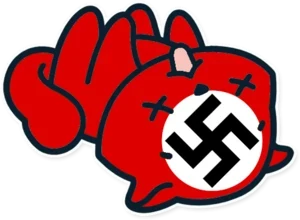






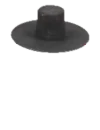
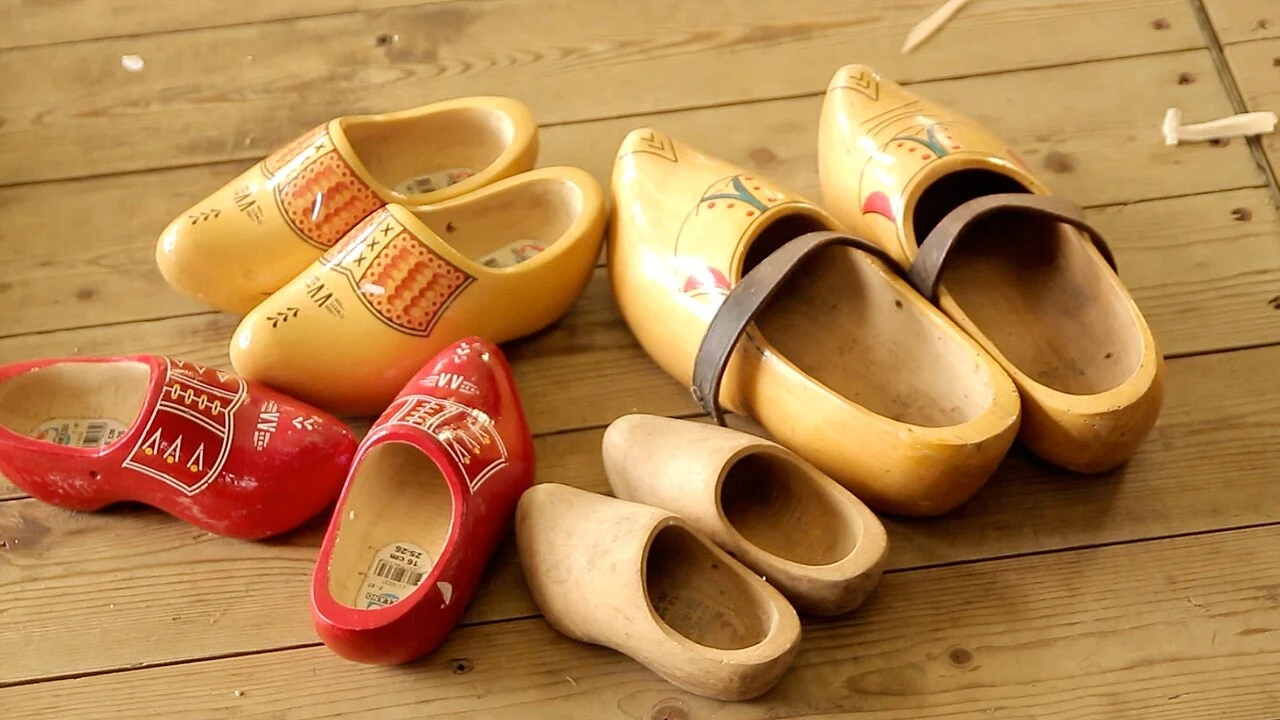
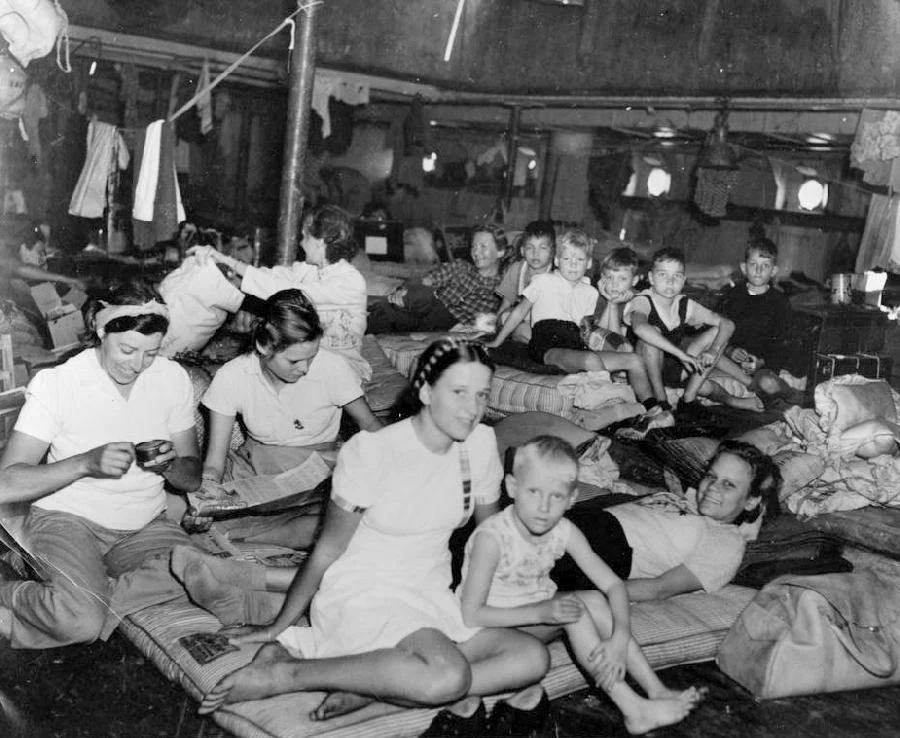
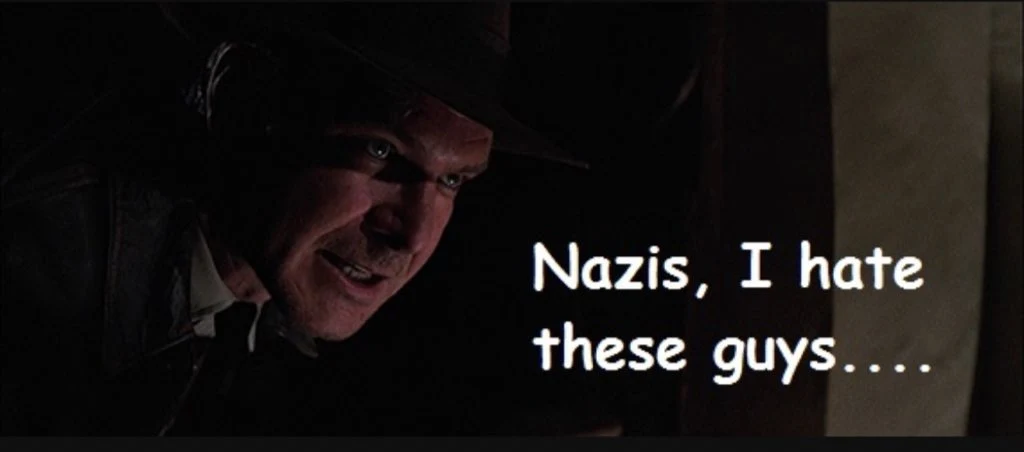
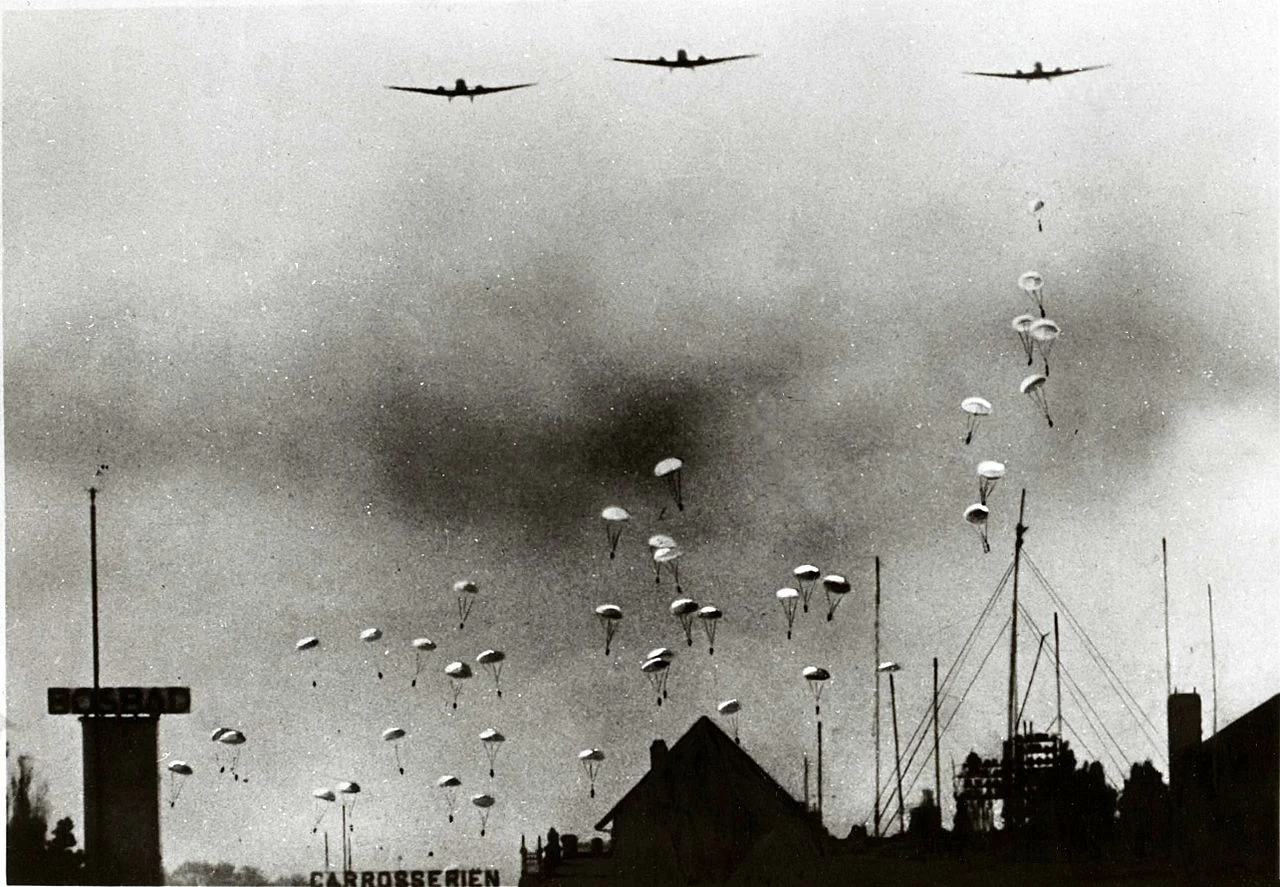
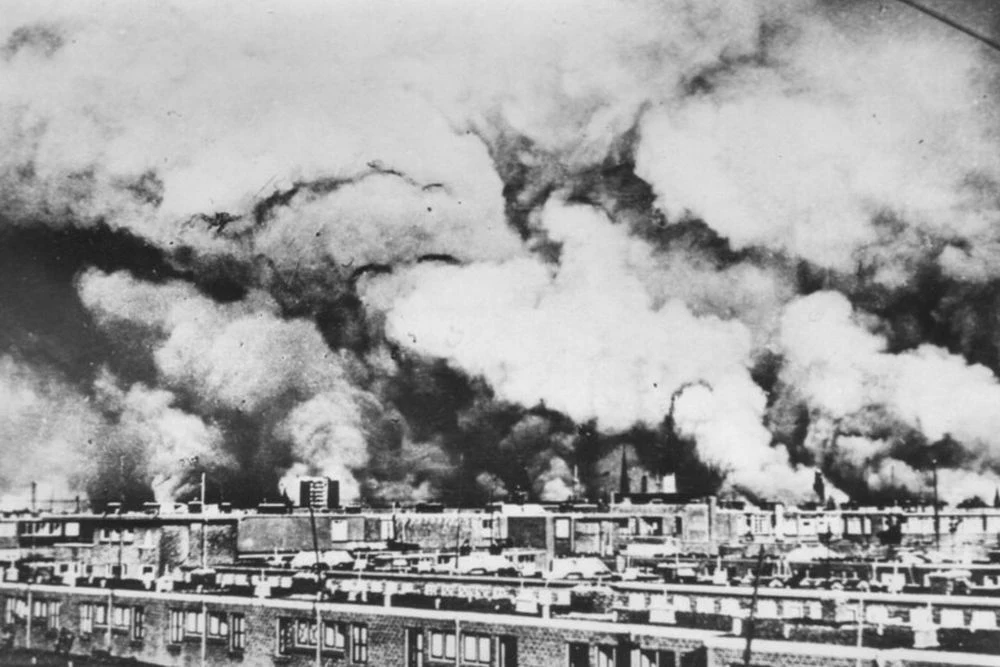
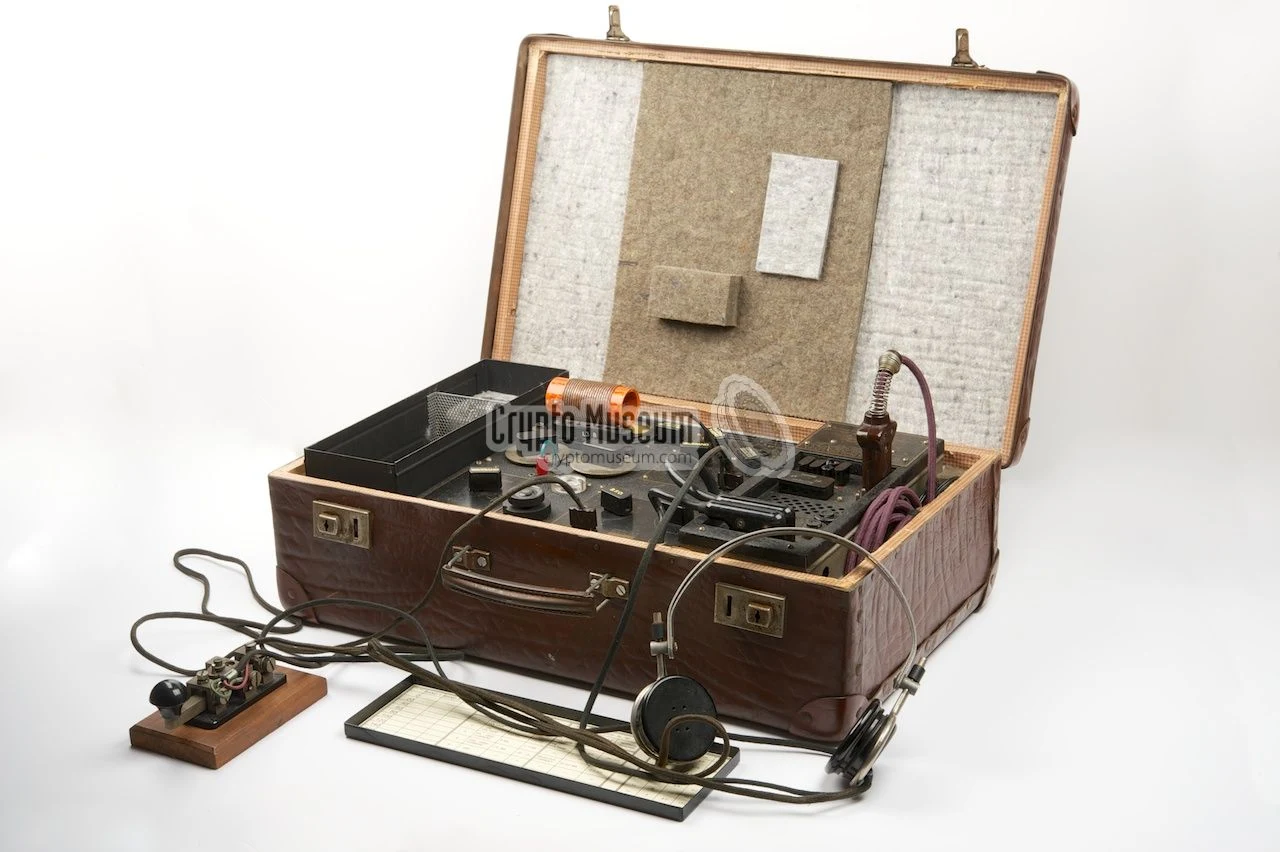
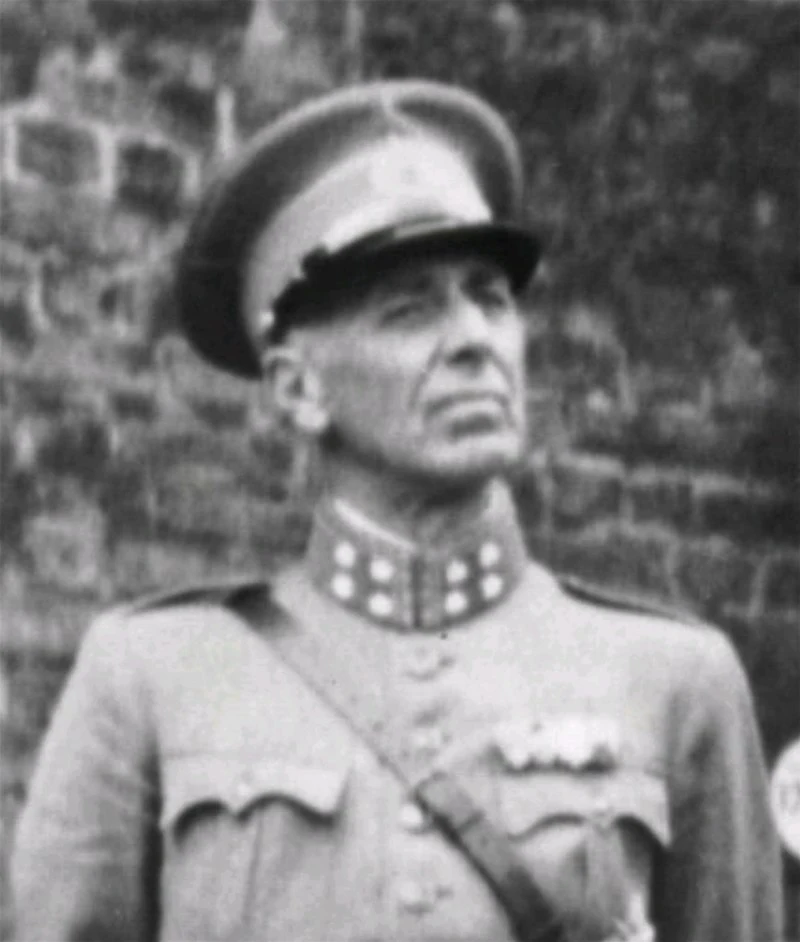

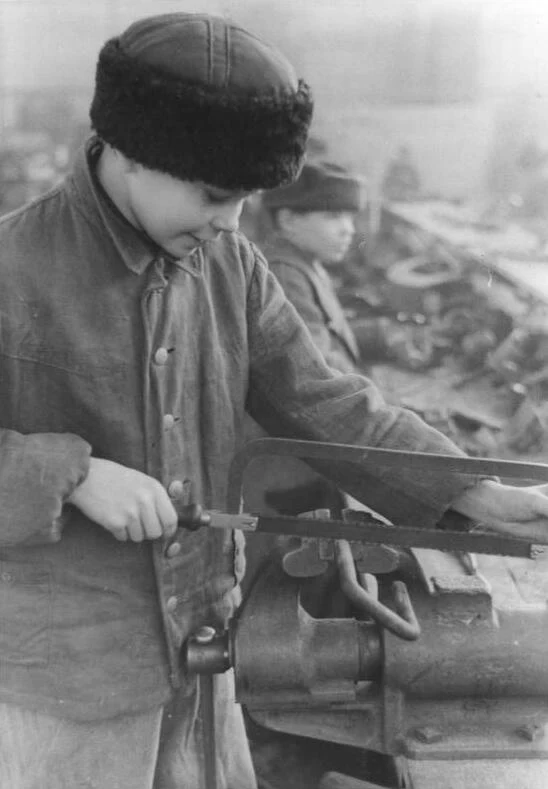
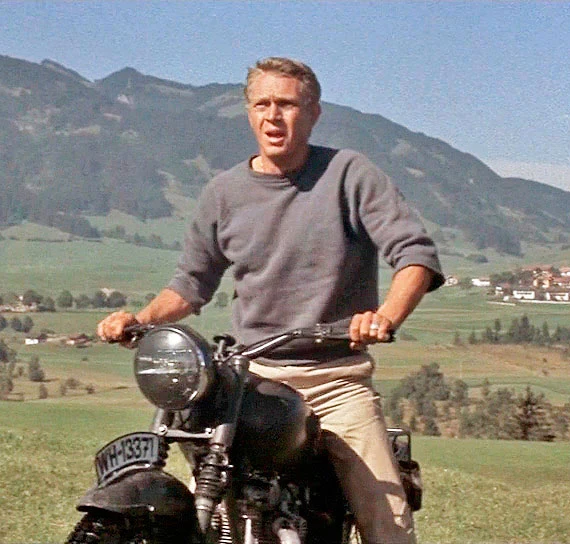
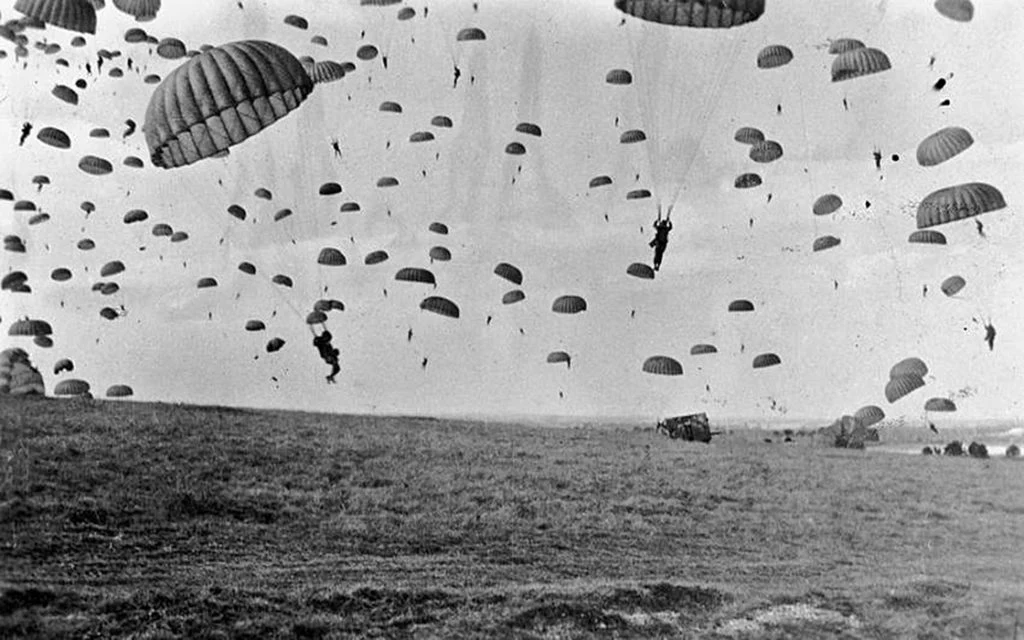
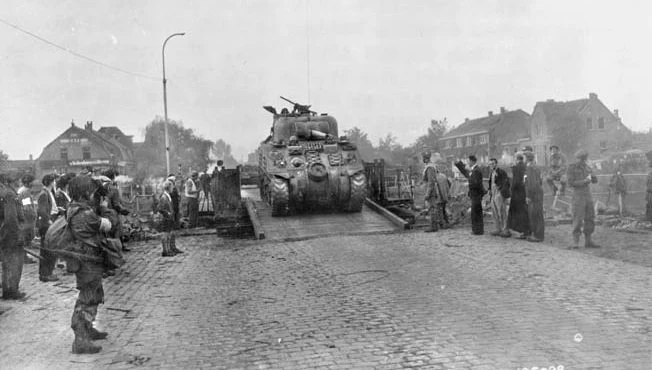
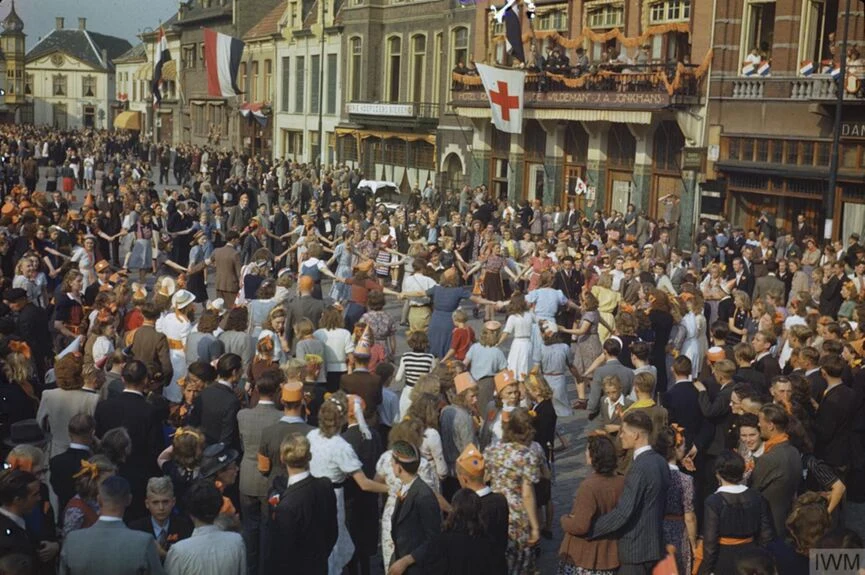
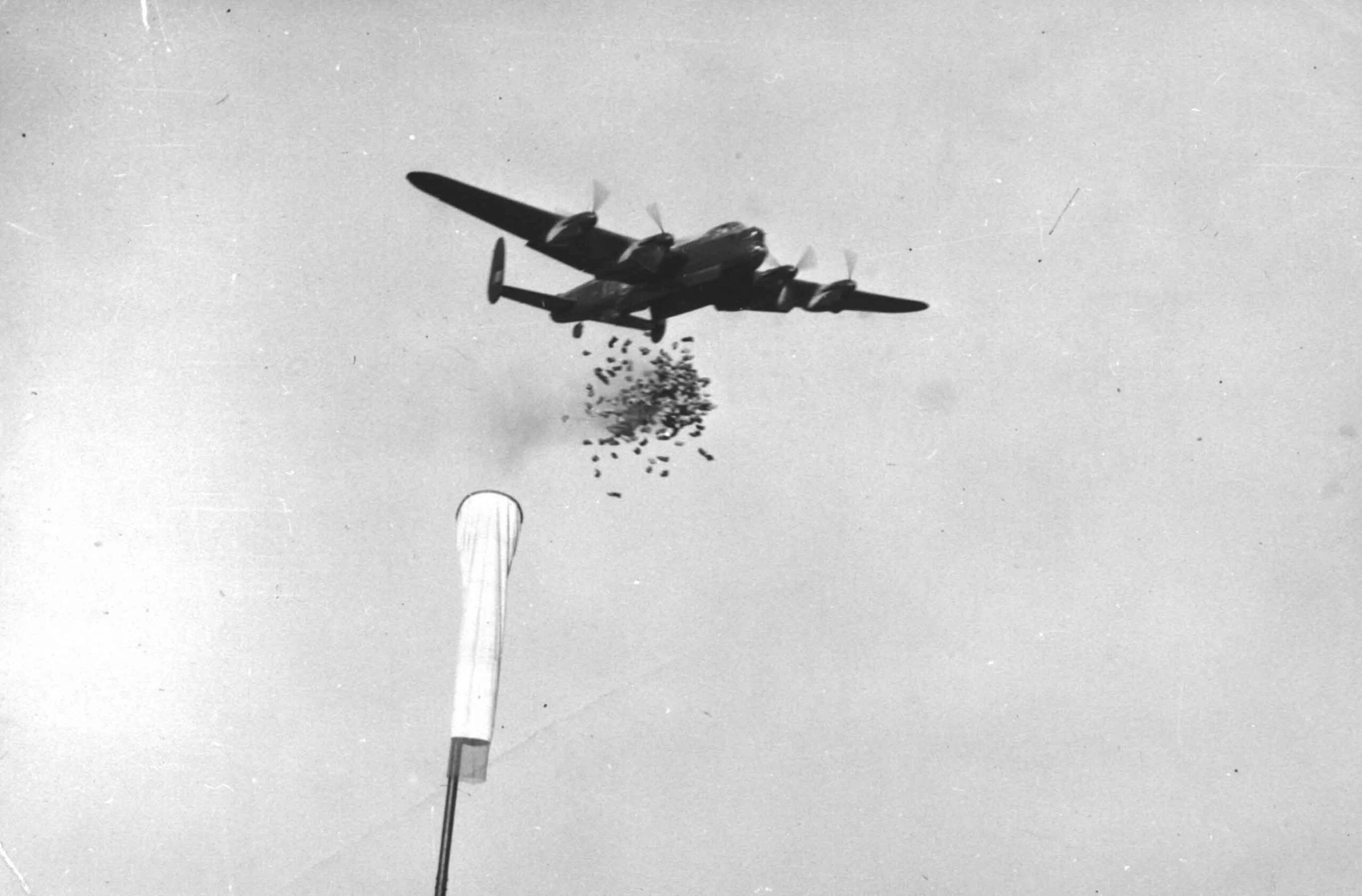
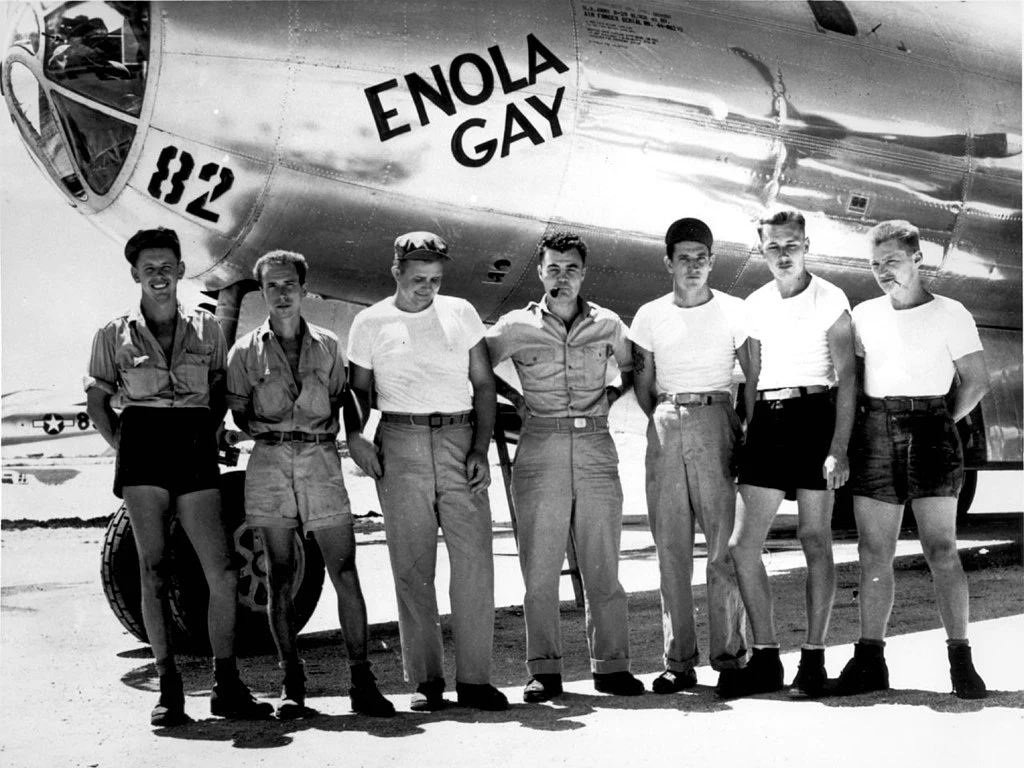
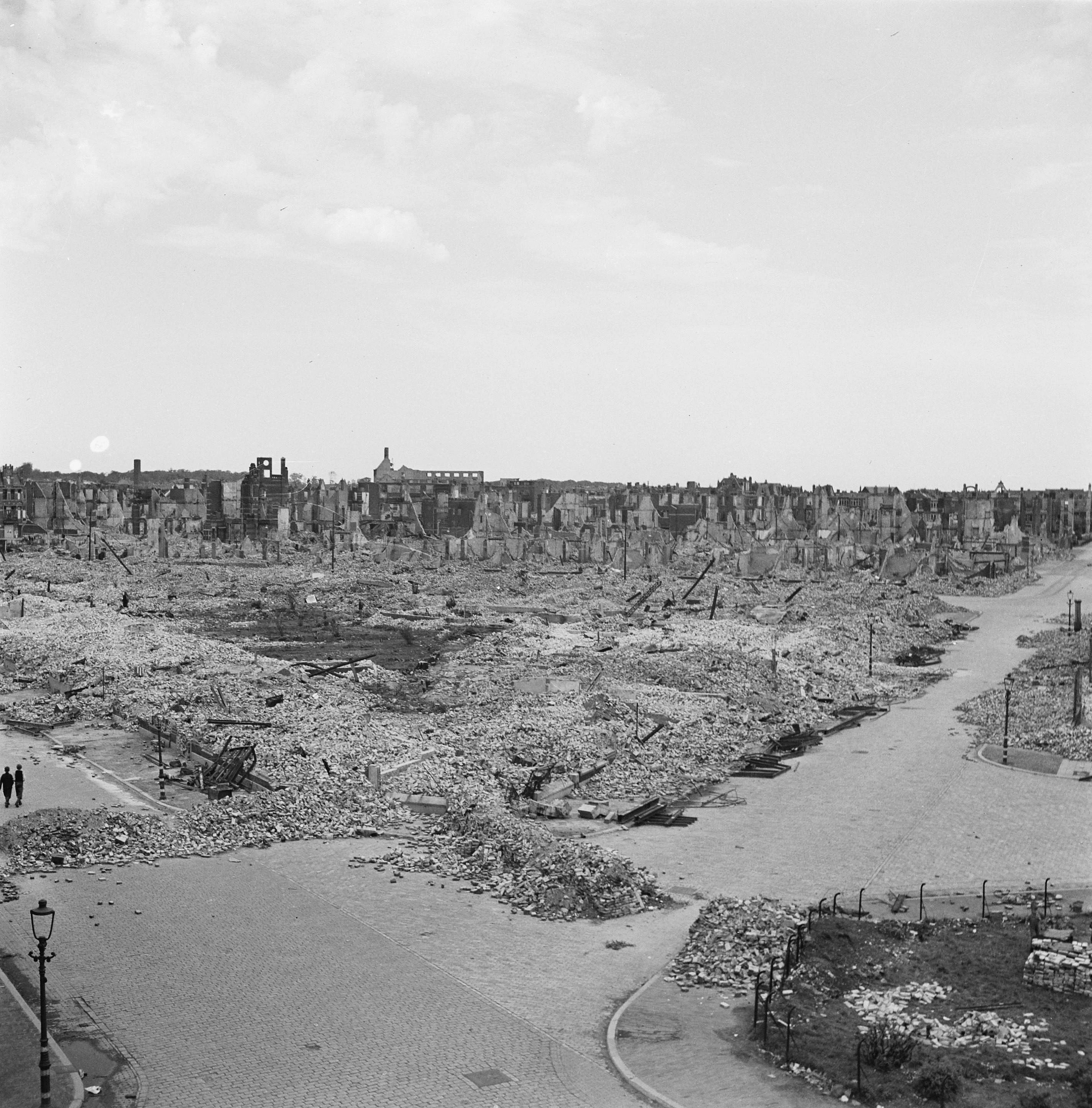

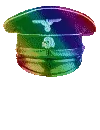
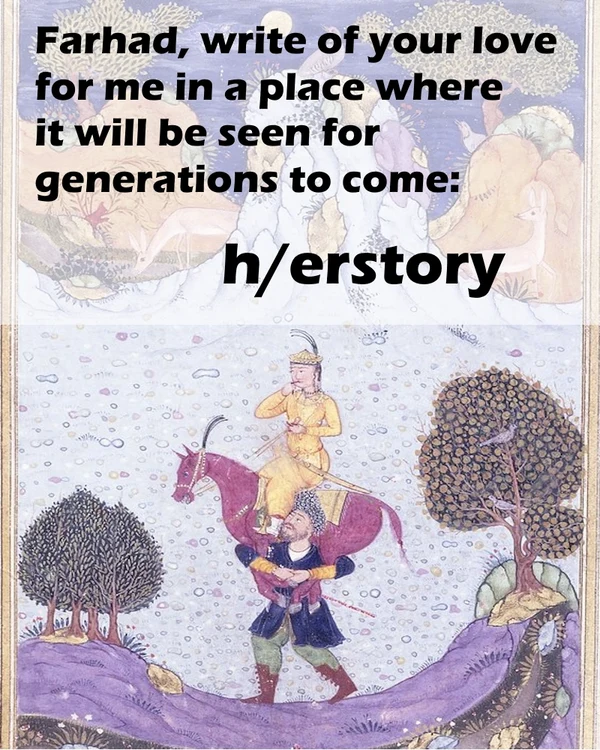
Jump in the discussion.
No email address required.
History is more or less bunk.
-- Henry Ford
Snapshots:
Tijdeng:
ghostarchive.org
archive.org
archive.ph (click to archive)
About 17,000 of the 100,000:
ghostarchive.org
archive.org
archive.ph (click to archive)
overrun by the Dutch:
ghostarchive.org
archive.org
archive.ph (click to archive)
Allied parachute landing at Arnhem:
ghostarchive.org
archive.org
archive.ph (click to archive)
dropping food:
ghostarchive.org
archive.org
archive.ph (click to archive)
damaged by an Allied raid:
ghostarchive.org
archive.org
archive.ph (click to archive)
Jump in the discussion.
No email address required.
More options
Context